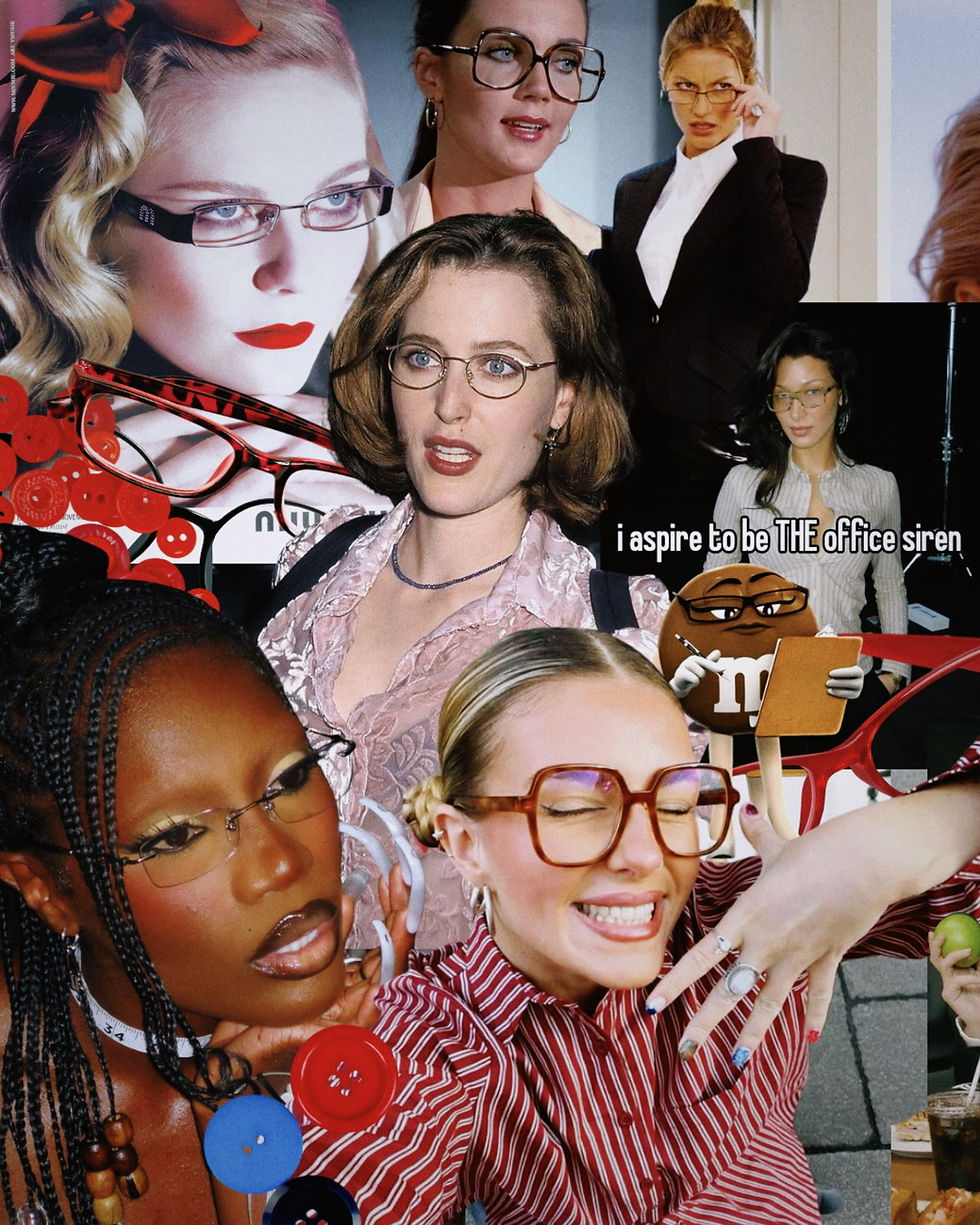Your Politics Are Designer
- Rebecca Doyle
- Mar 10, 2025
- 4 min read
MAKE WAY FOR THE ALPHABET ELITE...AND WE'RE NOT TALKING ABOUT LVMH

It’s been over a month since the inauguration, and I’m still grappling with my emotions. The ache I feel is dull but sharpens whenever I see another despicable cabinet appointment or grim CNN notification. I know I’m not unique in fearing for my future, for my younger sisters’ future, for the future, period.
Some people are more angry than grief-stricken. Maybe they’ve spent the last month digging through election analyses, trying to assign blame for a convicted felon winning the popular vote. In doing so, they might stumble across this graphic:

Have you seen it? I have. Doomscrolling through Instagram after the election, I saw many peers from Northeastern repost it on their stories. The message was clear: “See? We lost, but we’re right. We’re the smart ones.”
I’ll admit I initially found this graphic bitterly vindicating. In my anger, I was tempted to villainize and dismiss the intelligence of Trump voters. But is IQ—or even educational attainment—really the only thing stopping a Republican in Pennsylvania from turning blue?
The educational divide in this graphic suggests that people with higher education levels tend to favor Democratic policies, which some interpret as proof of intellectual superiority. Anyone who’s taken a college-level economics course might easily critique Trump’s tax policy or economic plans—Biden-era inflation notwithstanding. Even economic experts argue that Trump would exacerbate inflation.
But if these truths are so self-evident, what does it say about progressives that we’ve failed to appeal to the very people Trump’s policies harm the most? As I watch my private school peers frame this graphic as validation of their intellectual and moral superiority, I worry we’re missing a harder, more necessary takeaway: systemic inequities in education are disenfranchising millions, and those inequities demand our attention.
At a place like Northeastern, privilege is on full display. A 360-degree spin in the quad reveals three Goyard bags. On my way to class, I pass student athletes zipping by on electric scooters. When I compliment a classmate’s shoes, she informs me they’re Miu Miu x New Balance—“a Christmas gift,” she says, almost sheepishly. This wealth isn’t surprising; the correlation between money and access to private education is obvious. Northeastern students, myself included, are often the children of the so-called “alphabet elite”: BSBA’s, MFA’s, PhD’s. My stepdad has a CPA, my dad a JD. Why else would we be here, if not to emulate their success?
Meanwhile, the American education system perpetuates social inequity. Research shows that students from low-income backgrounds lag three years behind their peers academically. Higher dropout rates, increased incarceration rates, and fewer chances to graduate college are all tied to this achievement gap—a gap only widened by the pandemic. Inflation further squeezes the resources from struggling schools, diminishing their opportunities for students.
These disparities have far-reaching effects. In the U.S. the average salary for someone with a bachelor’s degree, when support starts shifting toward Democrats, is around $77,000. For those with an associate’s degree or less, it’s $55,000. That $20,000 difference isn’t abstract; it’s a lived experience that makes political debates feel detached from daily struggles. No wonder a perceived elitism around education breeds resentment among the working class.
Yet, many of us at Northeastern focus our anger upward, shaking our fists at the top 10%—those who evade taxes and hoard wealth. What we fail to acknowledge is that we, too, benefit from an unequal system. Real solidarity requires us to confront our own privilege and complicity, not just point fingers at those above us.

This is where privileged progressives fail. By framing education and intellect as markers of moral superiority, we alienate the very people we claim to fight for. Instead of mocking Trump voters as “uneducated,” we should be asking why the Democratic Party has failed to appeal to them. Instead of boasting about our intelligence, we should be working to dismantle the barriers that prevent others from achieving the same opportunities.
You may be asking “What can I, personally, do to address these inequities?” I don’t have all the answers. But as for me, I can start by recognizing my privilege—not just as a woman, but as a white woman—and reflecting on how being born with less might have changed my own politics. Progress begins with humility, and it’s time we stopped seeing privilege as a weapon to wield and started treating it as a responsibility to act.
The question of how to act is evergreen in conversations about privilege. In this case, if you’re ruffled by the “diploma divide,” you may be in a position to fix it in the near future. Consider the approach of philanthropists like Mackenzie Scott, who has made waves in the philanthropic community for her “unorthodox” giving style- many unfiltered donations given out at once during COVID. Most of her education giving, notably, went to public school districts and charter schools in underserved communities. In the future, think twice about that donation you’re planning on making to your private university’s endowment. Instead, maybe try directing the funds toward community colleges, or stable universities with high rates of enrollment for students of a low socioeconomic station.
AND YES, GIVING IS POLITICAL.
You may chafe at the idea of politicizing non-political giving. To that I’d say, if you donated to Harris, or plan to donate to any politician’s campaign, you have the capacity to address one of the key priorities of your chosen candidate’s policy plan at the root.
BY ELLA HUTNICK
Imagery by Zoe Schoenfeldt
sources:



